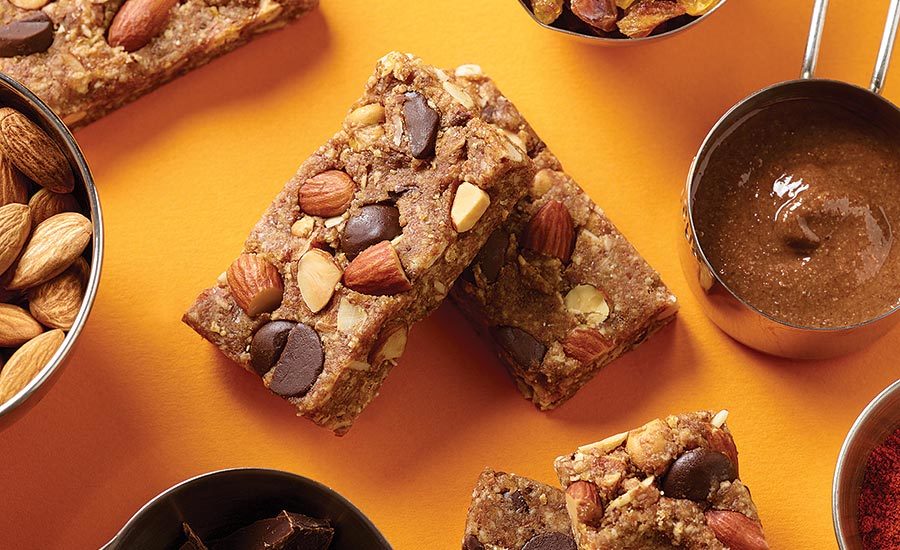In the realm of confectionery, the concept of indulgence has evolved beyond the consumption of rich and calorie-laden treats. Healthy indulgence now involves savoring a diverse array of chocolates or candies that are free from certain ingredients, boasting fresh flavors, and incorporating wholesome elements that engage all the senses with every bite.
Research from the Innova Database indicates that three out of five global consumers are eager to explore new sensory experiences, including aromas, tastes, textures, and colors. Furthermore, there is a growing interest in sustainable and healthy products among consumers.
Wanlin Koh, Regional Technical Manager at IMCD, emphasizes the rising popularity of indulgence claims related to texture and flavor. Indulgence has transcended the realm of merely intense flavors; it now encompasses bolder and more adventurous flavor choices.

For instance, botanical flavors like spices, herbs, and seeds are combined with traditional fruit flavors and tea elements in beverages. Premium product positioning emphasizes the importance of texture, as brands recognize the impact of words and descriptions in reinforcing novel textural experiences.
The chocolate, confectionery, and bakery industry has adapted to the demand for healthier sweet treats. However, changes in regulatory frameworks in Europe, such as HFSS regulations, Nutri-Score, Natasha’s Law, acrylamide restrictions, and mandatory fortification of flour, have also reshaped the bakery landscape. Lin Peterse, Category Development Manager for Bakery at Tate & Lyle, highlights the uncertainty surrounding the role of indulgence in the category amid consumer efforts to save money and prioritize health.
Consumer insights reveal that nearly half of young people in Europe purchase bakery products daily, indicating significant growth opportunities in the bakery sector. Consumers are increasingly adopting a holistic approach to health, considering how food can benefit both body and mind. This presents an opportunity for manufacturers to review formulations to attract and retain customers.
Tate & Lyle, in collaboration with Coleman Parkes, surveyed 1,250 European adults to understand their habits regarding sweet and savory baked treats. In-store promotions emerged as the most influential factor in buying decisions for bakery products in the UK. Despite economic challenges, consumers continue to prioritize indulgence when it comes to pastries, cakes, and biscuits.

Reformulation efforts are underway to address regulatory requirements and consumer preferences. Tate & Lyle collaborates with manufacturers to reformulate recipes, balancing the need for healthier products with maintaining taste quality. Clean label considerations have evolved to include free-from claims and a focus on natural and sustainable ingredients.
The overarching theme of ‘Our Planet, Our Health’ highlights the interconnectedness of environmental and personal well-being. As consumers increasingly recognize the impact of nutrition on health, there is a growing emphasis on maintaining a healthy diet. Environmental concerns, heightened by the COVID-19 pandemic, have led to greater awareness of the impact of food and drink consumption on the planet.
Consumers are also showing interest in plant-based diets, with almost half expressing curiosity about such dietary choices. Manufacturers can capitalize on this trend by incorporating plant-based proteins into meat- and dairy-free products, providing nutritional value while retaining the taste and texture of traditional offerings.


